Your favourite medical TV show often runs a risk of getting things wrong at times. Writers have the tricky task of fitting complex medical jargon, hospital politics and the personal lives of doctors all into one drama-fuelled hour of entertainment. As expected, they don’t always get it right.
A recent study found that almost half of older adults named television as their primary source of health information. The researchers argue that these shows are giving “unrealistic expectations of the medical profession and patient recovery”. Considering this, have you ever questioned just how medically accurate TV shows are and whether some shows are more accurate than others? Let’s have a look at some of the most popular ones:

“Grey’s Anatomy”
This show is known to work with medical advisors who help the writers to stay as medically accurate as possible. So, you would think that this show gets it spot on, right?
Unfortunately not. The show has been heavily criticised by doctors, viewers and researchers for putting drama before medical accuracy.
An extensive study of Grey’s Anatomy found that half of TV patients stay in hospital for less than a week, but in reality it’s much less. Just 20% of patients stay in hospital for this time, with the majority having to stay much longer. This depiction of a speedy recovery can make patients believe that their own treatment will be faster and easier than it actually will be, cultivating “unrealistic patient and family expectations after injury”, according to the study.
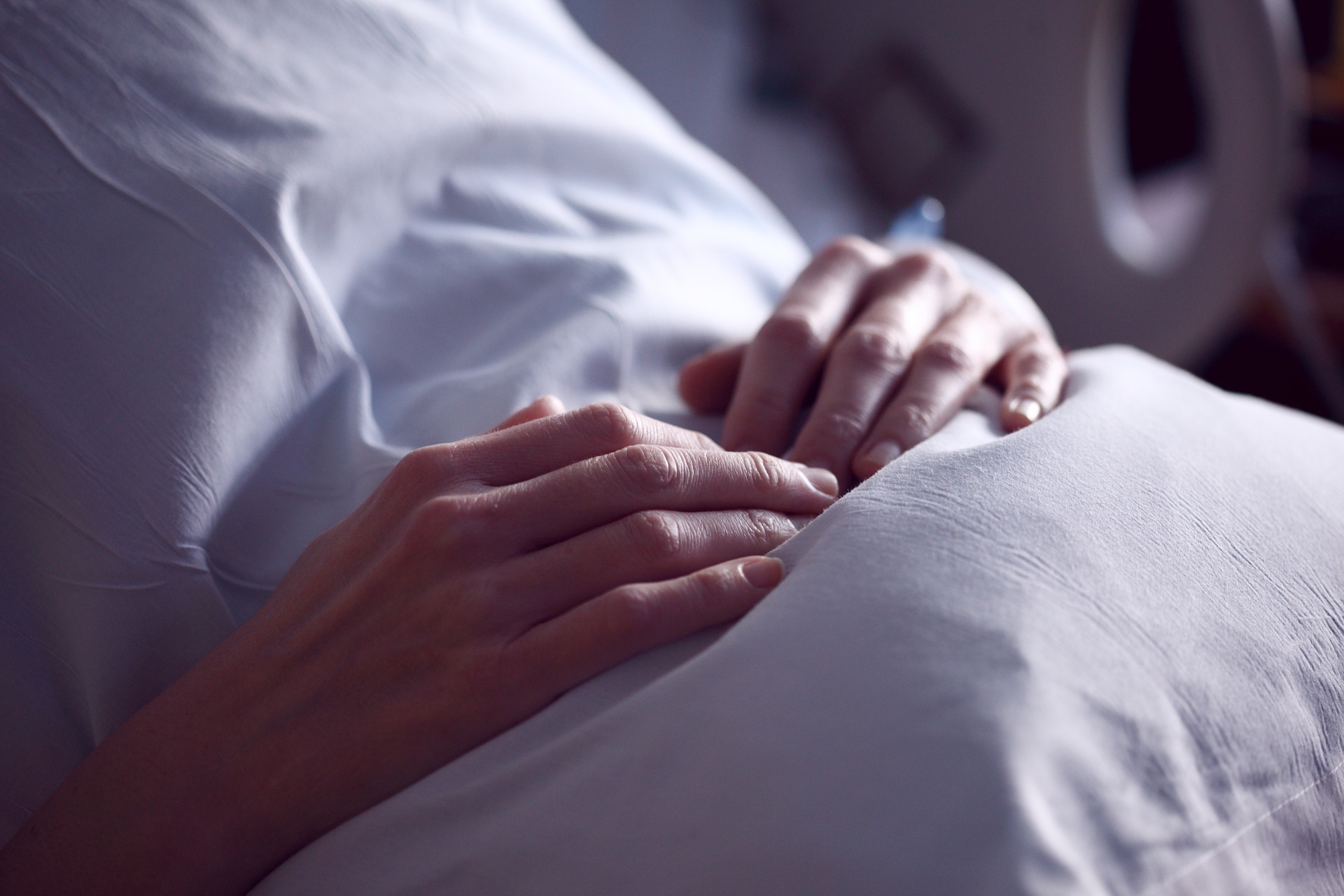
In addition, most patients in the show, especially after CPR, are seen making “a swift recovery with return to home after a brief hospital stay.” Unfortunately, a lot of patients don’t make a swift recovery and return home – which is very rarely shown in the show.
Viewers have also complained that surgeons are often seen in the operating room without protective masks and clothing.

“ER”
Much like Grey’s Anatomy, this show used advice from doctors to help write storylines, which was reportedly ignored on many occasions – putting drama before the facts!
Worryingly, these errors on screen were having a shocking effect on real-life medical students! Dr Peter G. Brindley, Associate Professor of Critical Care Medicine at the University of Alberta was quoted as saying that many of his medical students were positioning patients’ heads in hospitals incorrectly to insert breathing tubes – something they had learnt after watching shows like ER. Dr Brindley claimed they “did it wrong [on the show] every single time”.
The New York Times also reported on a study in The New England Journal of Medicine that found that shows like ER use cardiopulmonary resuscitation “much more often on young people than real doctors do, and so much more successfully”.

“House”
The series follows Dr Gregory House as he tries to find treatments for medical mysteries and complex patient cases that no-one else can seem to understand – much like a medical version of Sherlock Holmes.
Real-life physician, Scott Morrison conducted a medical review of every episode and found that that while some episodes were actually spot on, there were a lot that were not.
House is seen to switch specialties frequently, for example one day he’s performing a gastroscopy, the next a brain biopsy, which isn’t realistic. Doctors specialise and don’t switch between areas of expertise.
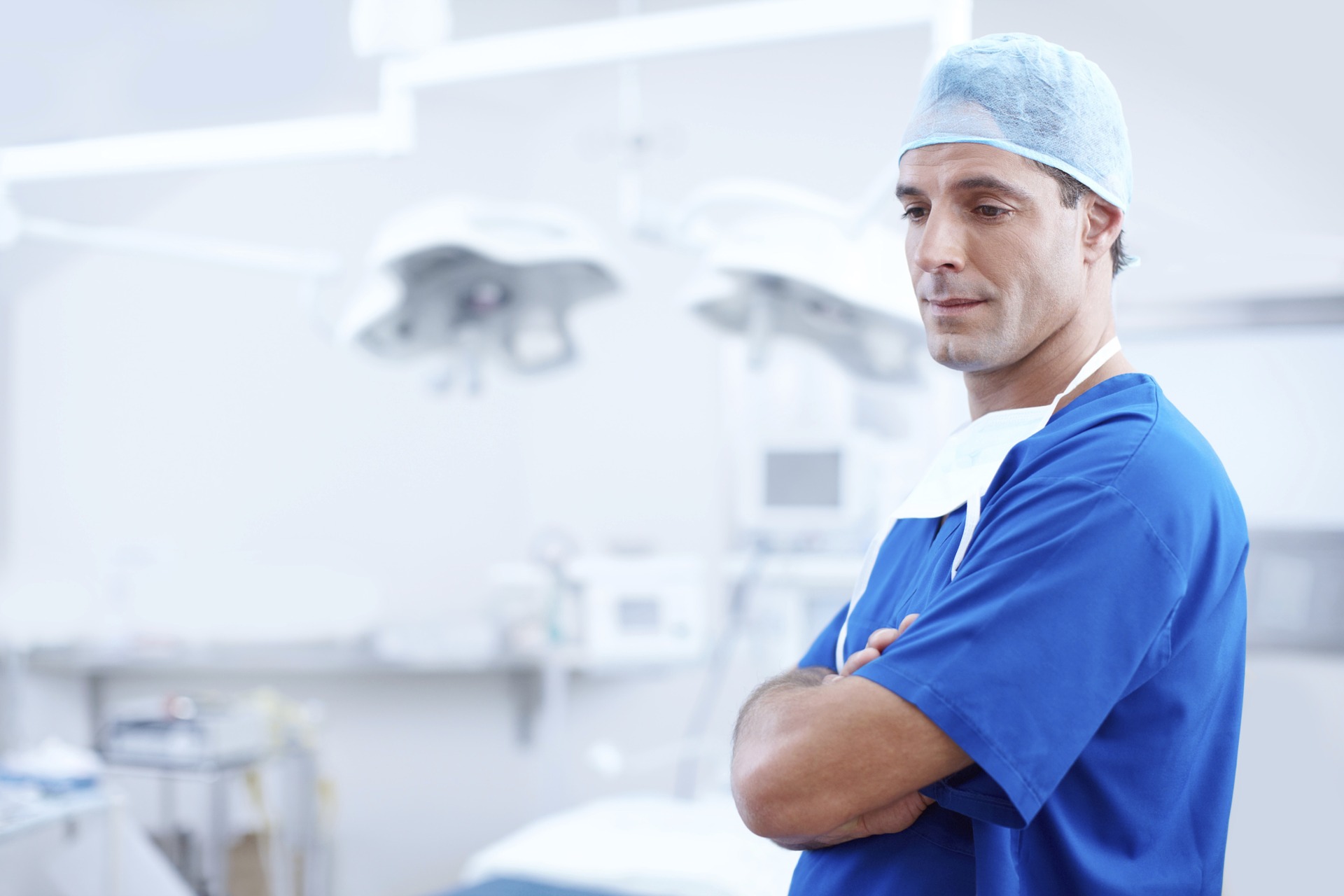
During one episode, House is seen administering a ‘truth serum’ drug to a patient which inevitably forces her to tell the truth. This type of psychoactive drug is only rarely used in interrogation settings and of course is never used on your average patient. The effectiveness of these drugs are also not as nearly as effective as the show portrays. In the same episode, the patient also receives an MRI scan from which House is able to tell the patient is lying. As Morrison points out, an MRI scan is not an effective tool to tell if a person is lying and would never happen in a hospital!
Overall though, Mr Morrison believes that the writers got it right the majority of the time – even if Dr House was addicted to painkillers and still employed by a hospital…
“Scrubs”

The comedy show regularly interviewed doctors to create storylines based on real-life situations and is ranked highly by medical professionals.
The show is generally light hearted and simply follows the lives of doctors and nurses in a hospital and how they handle ordinary cases.
Bill Lawrence, the creator of Scrubs, based the comedy around his friend – who is now a cardiologist in Los Angeles and medical advisor to the show – which could explain the reason for its approval from real-life doctors. Lawrence states that “nearly every medical scenario on the show has originated from a real-life situation”.
“Chicago Med”
Like Scrubs, this show is ranked highly at 85% medically accurate. The writers claim they make sure that every episode, as a rule, should only feature published medical cases.
“Call the midwife”

This is a current British drama shown on the BBC set in the 1950s in London about a group of midwives. Like the other shows featured here, they have an advisor, Terri Coates, to help ensure accuracy. They also spend a lot of money to ensure authenticity too – the show reportedly spent £5,000 per prosthetic baby used in the show.
Coates, also an experienced midwife and lecturer, recalls a time when a real-life midwife asked her how they managed to get labouring women to agree to be filmed for the series. None of the births were real, but she felt proud that some of the births “have been realistic enough to trick professionals”.
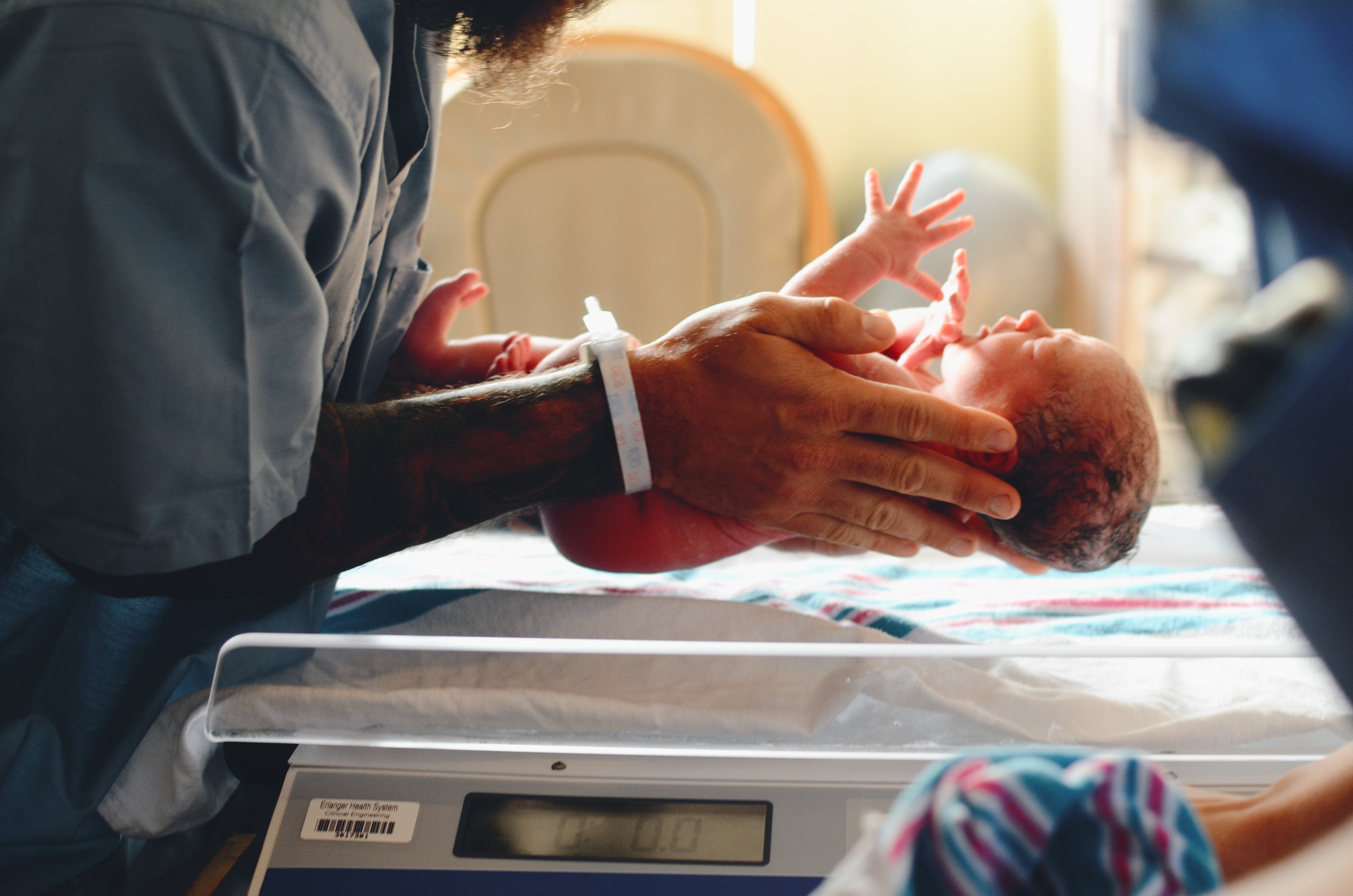
Overall, the show is highly praised for its medical accuracy, as well as its historical accuracy. The show relies on research from medical and historical journals to help generate storylines.
“The Resident”
The Resident, one of the newer shows in the list, has at times come under fire for being too old fashioned in its approach. The show, released in 2018, is set in a hospital and follows the lives of resident (training) doctors. Medical student, Dehra McGuire, from the University of Oklahoma gave her feedback on the pilot episode…
She noticed, among other errors, that first-day interns in the show were given responsibilities of senior doctors – saving lives and performing surgeries. Also, surgeons would switch between areas of specialties frequently. As we know, surgeons don’t do this, ever.
Doctor Mike Varshavski, a physician in New York, also lists the inaccuracies found in The Resident on his YouTube channel. These inaccuracies include surgeons taking out their phones in the middle of surgery to take photos – which is of course not allowed.
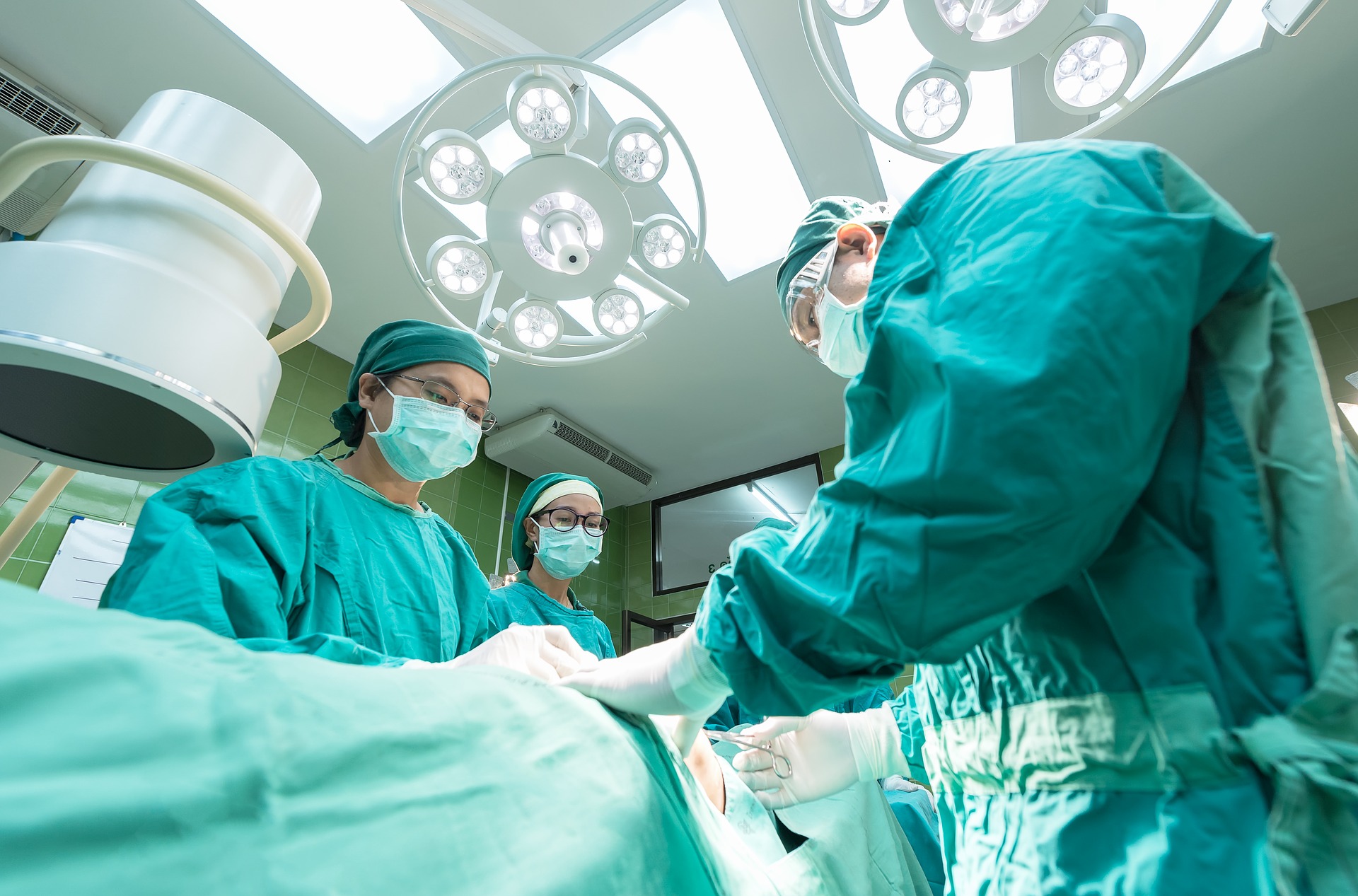
He does, however, state that the medical accuracy throughout the series is overall “pretty good but very, very dramatic”.
Unrealistic expectations

A study by Quick found that regular viewers of Grey’s Anatomy believed the content of the series to be “realistic” which ultimately led to the belief that their own doctors are “courageous”. Critics argue that these errors, such as speedy hospital recoveries from complex illnesses, are giving “unrealistic expectations of the medical profession and patient recovery”. Those studied were also exceedingly optimistic in their predictions of survival rates after CPR. Let’s take a look at the actual statistics…
CPR doesn’t always save lives
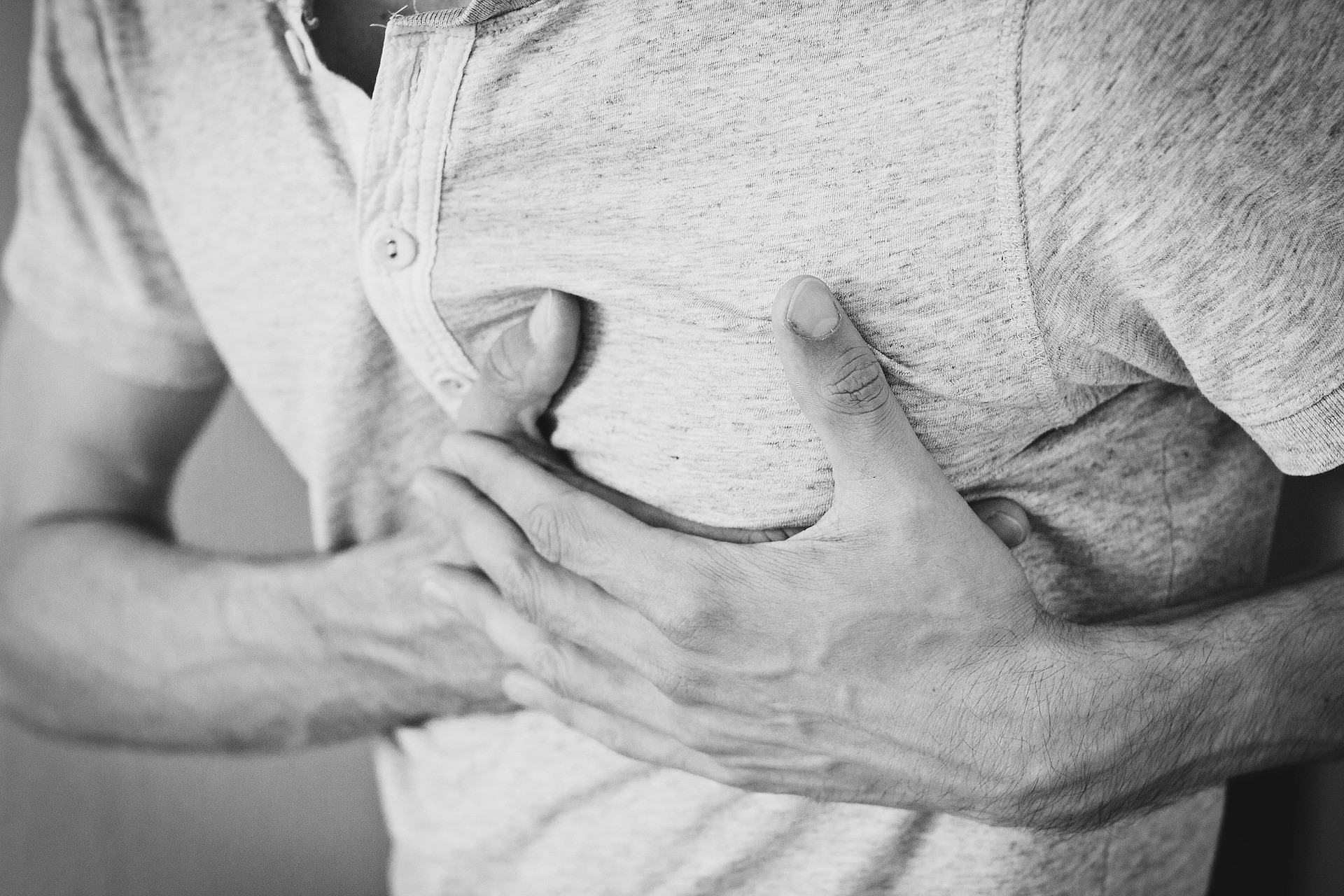
The impression we often have from TV shows is that most people who receive CPR following, let’s say, a heart attack are suddenly revived and completely fine afterwards. Unfortunately, the reality is quite the opposite.
According to University of Warwick, 90% of people in the UK that receive out-of-hospital CPR die – meaning that just 10% survive. However, in other countries, where CPR is actually taught in schools, 25% of people survive. This rate is slightly more successful in hospital where 40% of patients who receive CPR in a hospital survive, however only 20% survive long enough to be discharged.
Now, when we compare this to TV shows, it’s a different story. 75% of people who receive CPR are alive immediately afterwards and discharged the same day.
It’s worrying that viewers can obtain this skewed perception of reality, as it risks not only putting pressure on doctors and nurses, but generating more disappointment and devastation for families when CPR doesn’t work out as they might have been expecting.
This has even been proven – patients significantly overestimate the likelihood of success. A study of elderly patients found that 81% think that their chances of leaving hospital after CPR are higher than 50%, and a quarter believe their chances are higher than 90%.

The “Grey’s Anatomy effect”
Unfortunately, TV shows have been found to have a substantial influence on the public’s perception of doctors, hospitals, and the practice of medicine in general.
Patient satisfaction is a crucial element of the quality of healthcare institutions in the UK. It’s heavily relied upon as an indicator for measuring how well institutions are performing. It affects clinical outcomes, patient retention, and malpractice claims. According to this report, medical dramas are “obscuring patient perceptions of quality care and expectations of a positive hospital experience”. This is creating what professionals are calling the “Grey’s Anatomy effect”.
Cultivation theory (the long-term effects of television) also suggests that people are, understandably, limited in their ability to imagine real-life hospital care and recovery from injury, unless they have been through it personally, so they look to TV shows to shape their expectations.
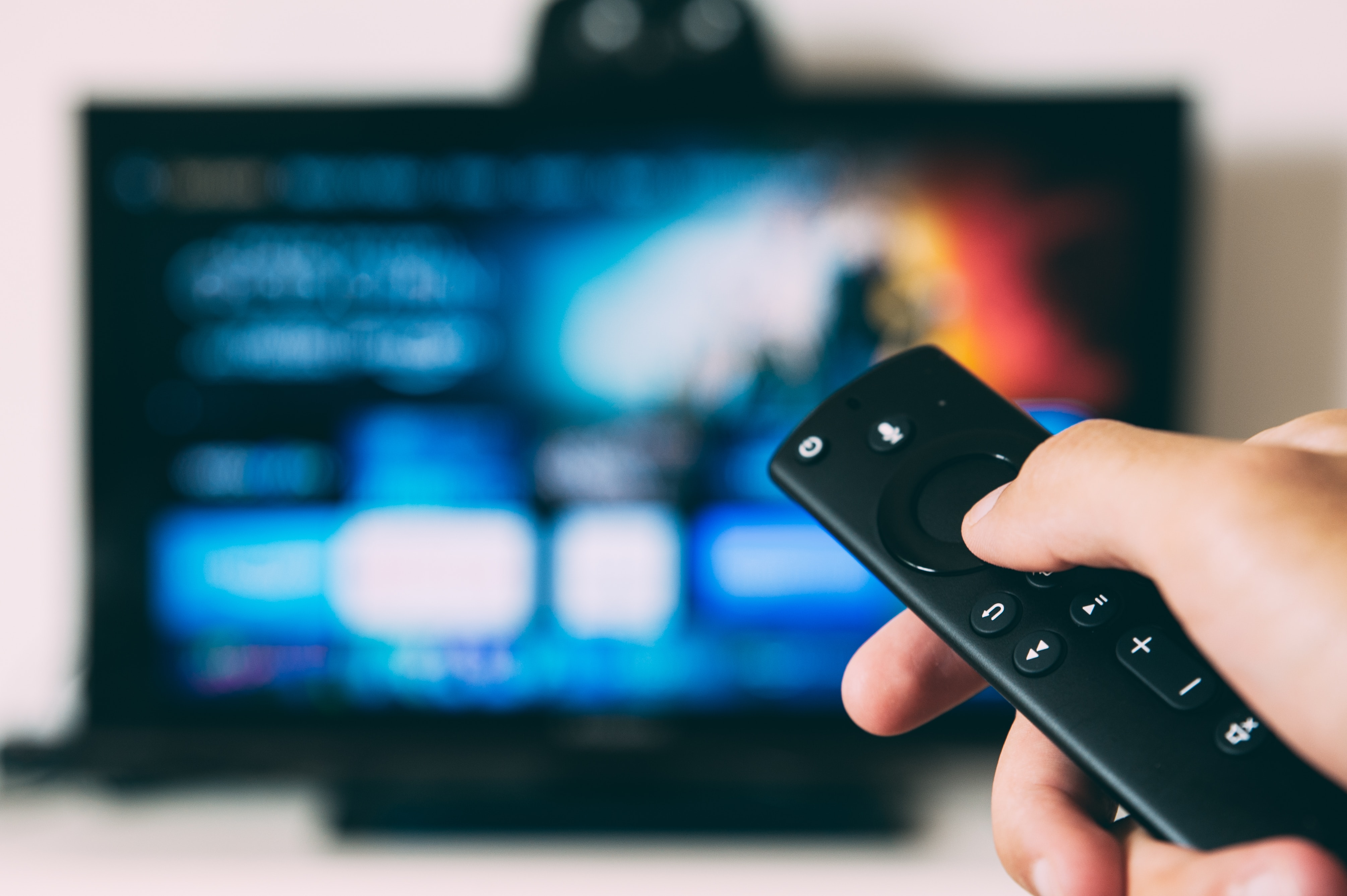
Unfortunately, this risks putting extra pressure on medical institutions to perform to a standard that, more than likely, is impossible to achieve.
The most medically accurate TV show?
So after all of this, what is the most medically accurate TV show?
Scrubs!
A quick Google search can tell you that Scrubs has continuously been called the most accurate portrayal of the medical profession on TV. It’s quite ironic seeing as it’s a comedy, but medical professionals agree that it depicts the treatment of patients accurately, it follows real-life cases and, it’s the only medical series that is actually “in-tune with the real lives of doctors”.

If you’re curious about what it’s really like to be a doctor, you can read it straight from Top Doctors’ experts here. Look out for frequent interviews with our doctors who give us a quick insight into their professional life.
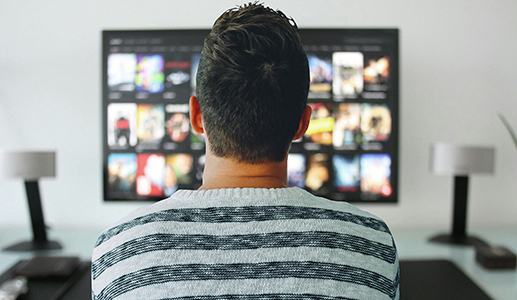



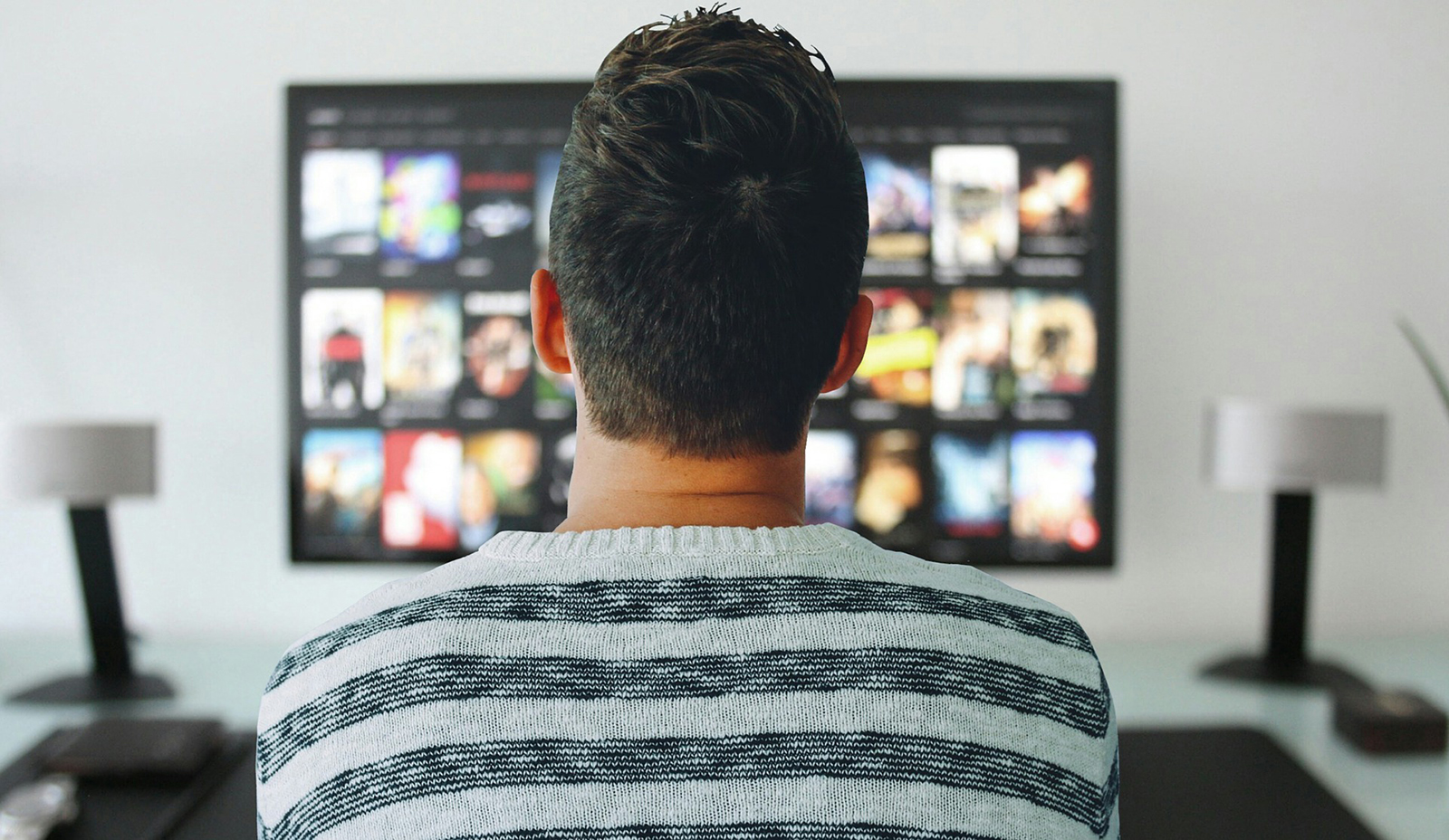





Join the discussion